Sheikh Rashid bin Hamdan Attends the Opening of the Conference on “Maliki Jurisprudence and Its Impact on UAE Legislation Amid Contemporary Needs and Developments”
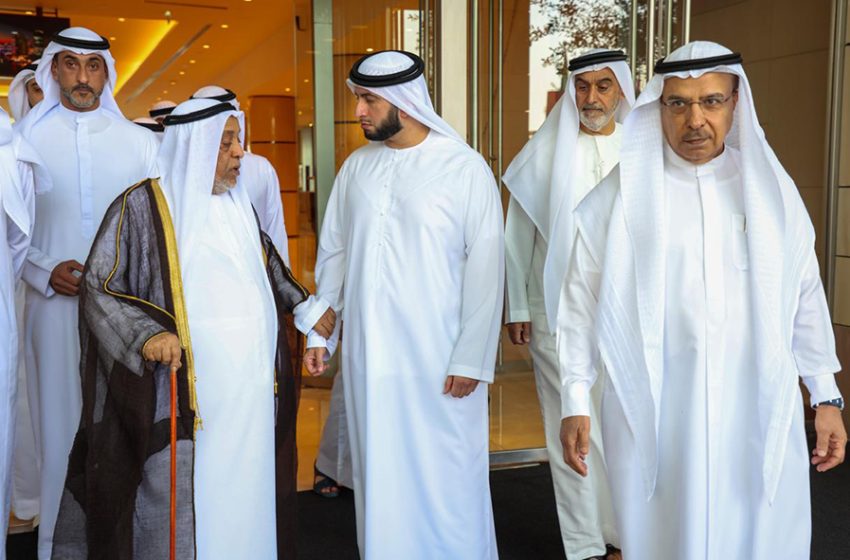
United Arab Emirates – Dubai
Under the patronage and in the presence of Sheikh Rashid bin Hamdan bin Rashid Al Maktoum, the Imam Malik College for Sharia and Law is organizing its third International Scientific Conference titled “Maliki Jurisprudence and Its Impact on the Legislation of the United Arab Emirates Amid Contemporary Needs and Developments.”
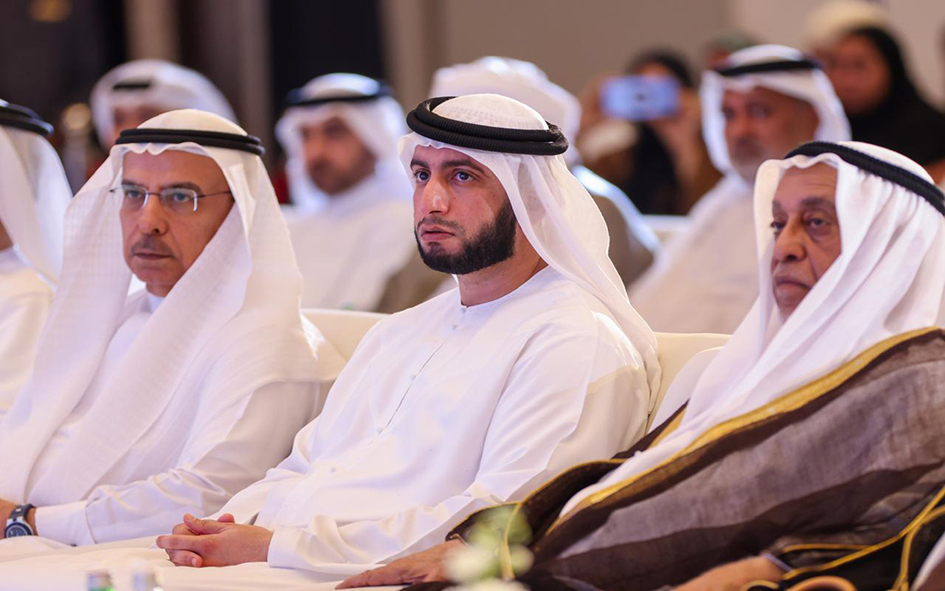
The event will take place on November 24 and 25 at the InterContinental Dubai Festival City, with the participation of leading scholars and specialists in Sharia and legal sciences from within the UAE and abroad.
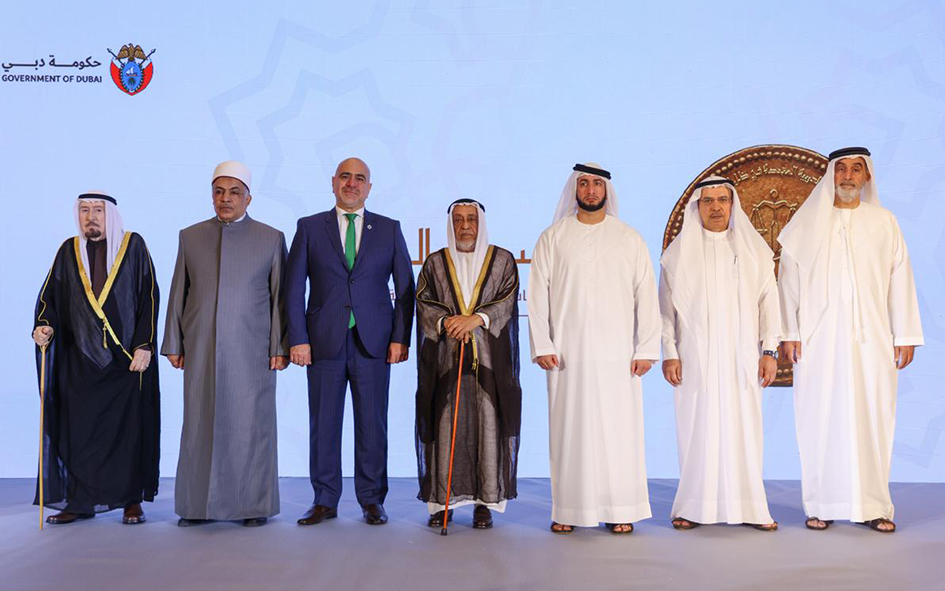
The conference aims to highlight the role of Maliki jurisprudence as one of the main sources that contributed to shaping the UAE’s legislative framework by examining its influence on civil, criminal, and personal status laws. It will also explore its role in addressing emerging legislative issues related to technological and economic developments.
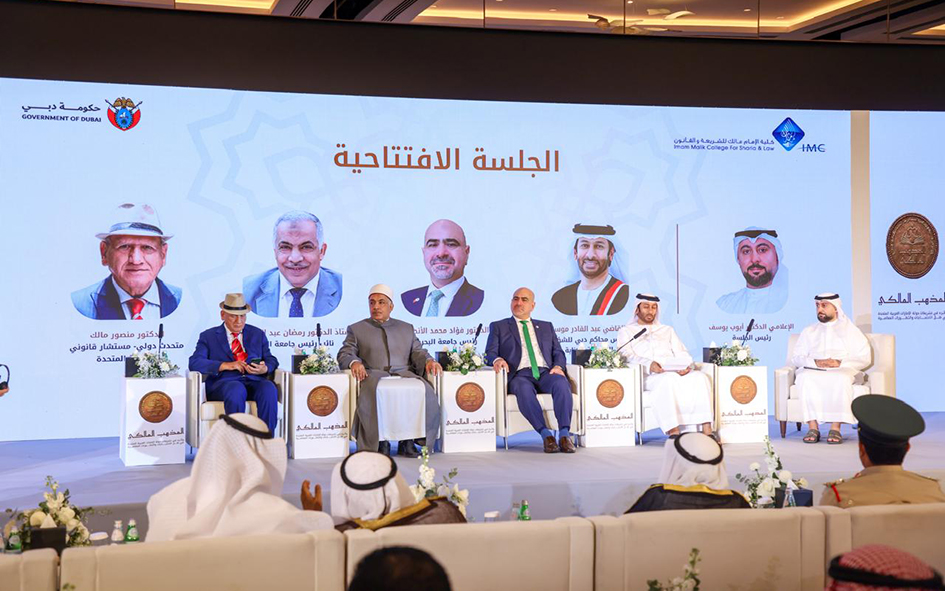
Bringing together a distinguished group of local and international participants, the conference will feature professors of jurisprudence, Sharia, and law from various official and academic institutions, including the President of the University of Bahrain, the Vice President of Al-Azhar University, and international speakers in relevant fields.
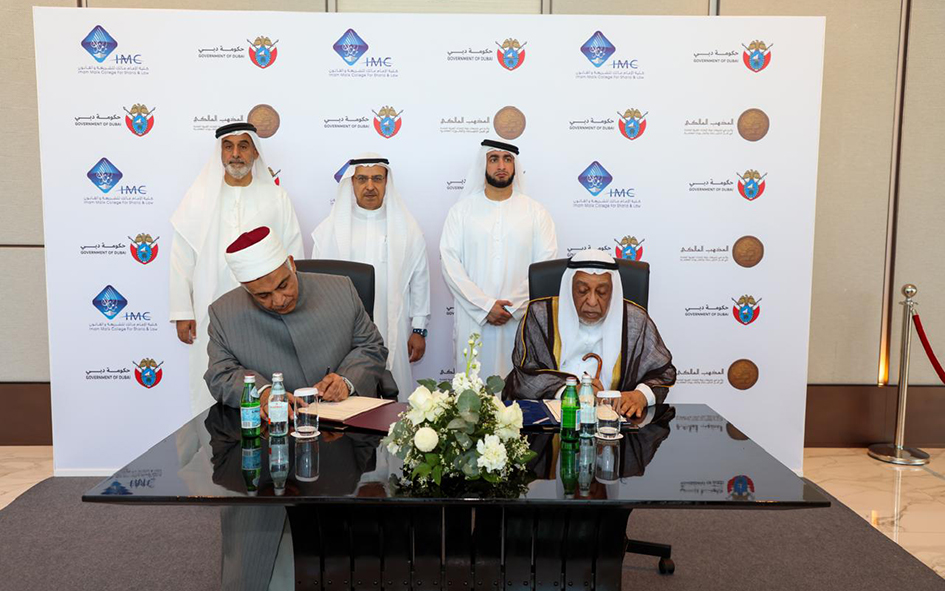
The conference will address several key academic themes, including personal status laws, civil, commercial, and procedural laws, as well as criminal legislation. It will also cover contemporary topics such as artificial intelligence and Islamic economics.
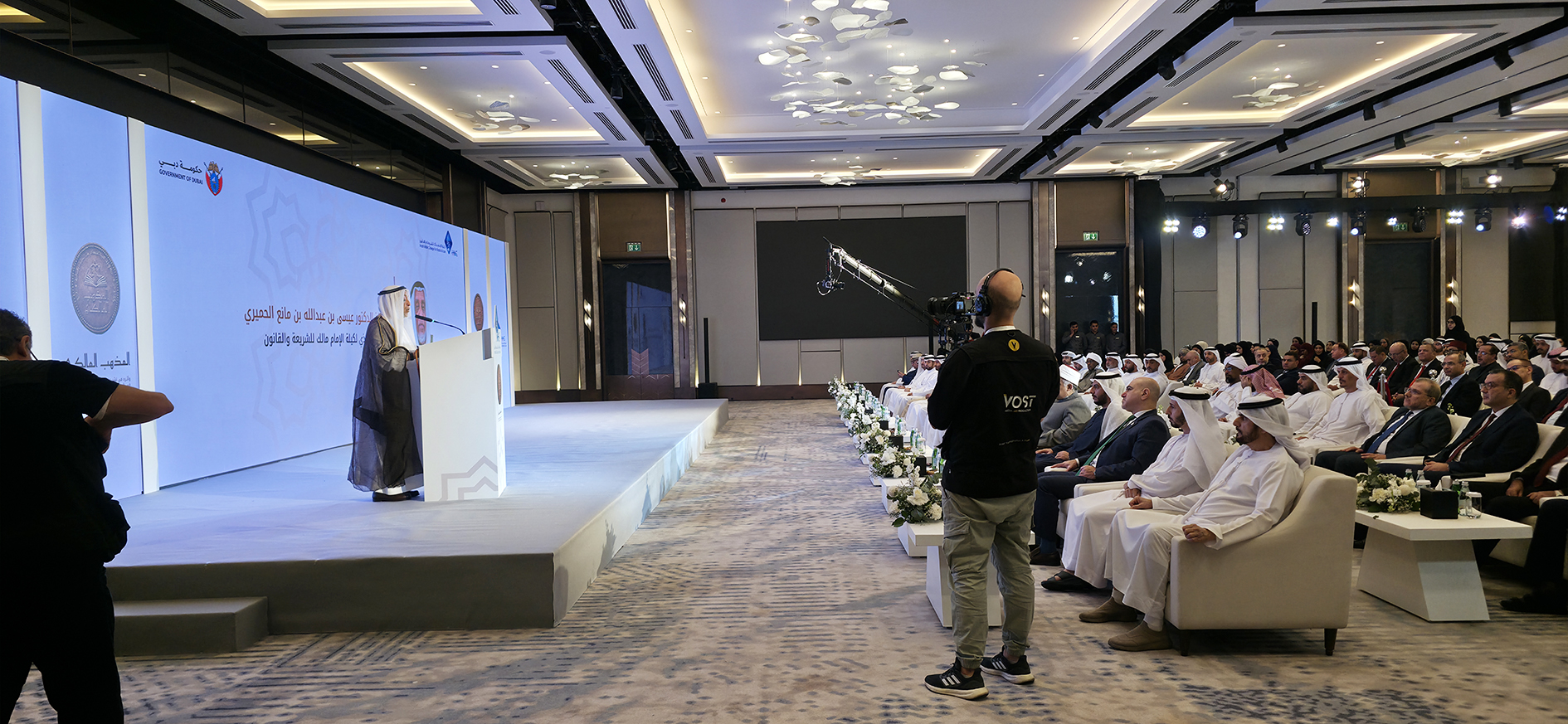
In addition, the program will shed light on the historical roots and geographical spread of the Maliki school in the UAE, its impact on Emirati legislation such as endowments and personal status law, and its relevance to modern-day developments, particularly artificial intelligence and other emerging fields.
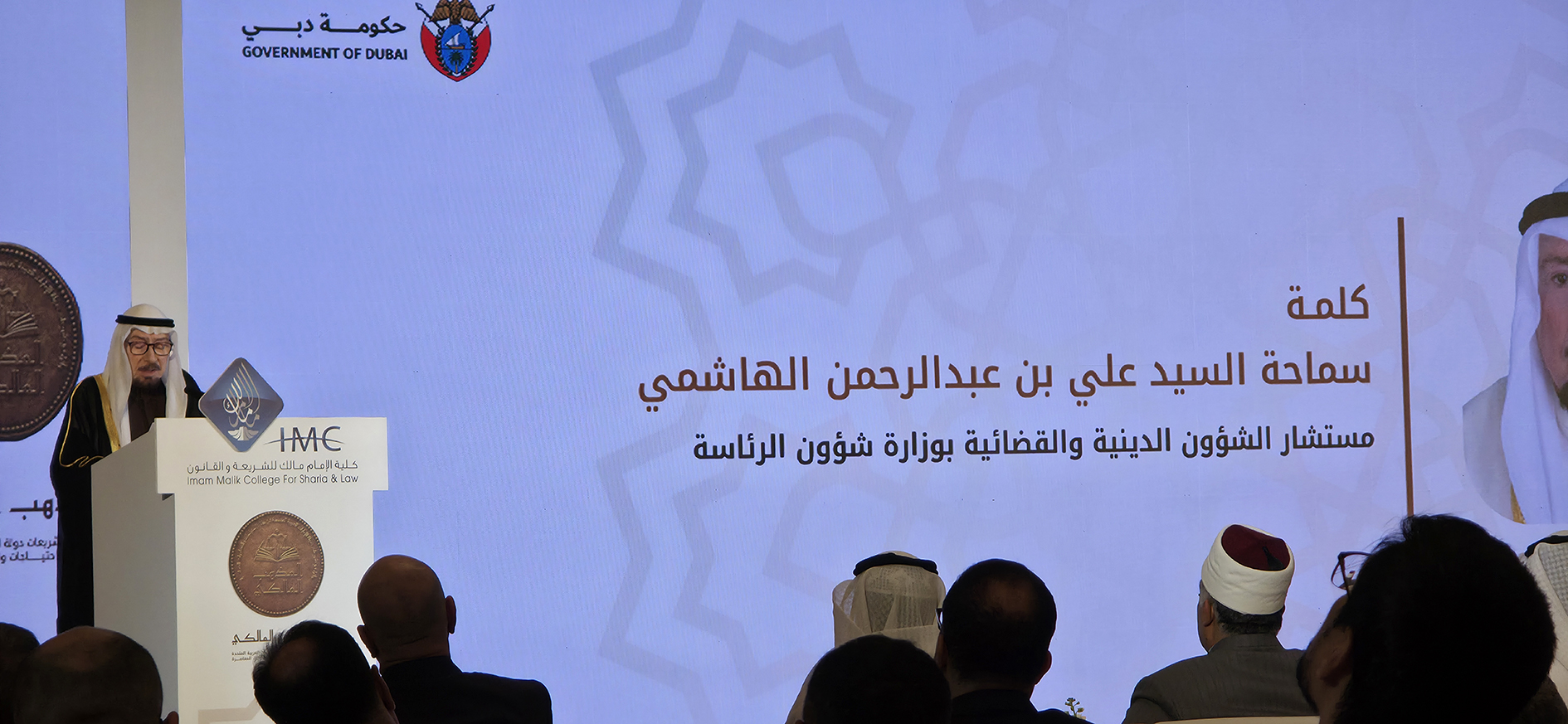
The conference further seeks to strengthen scientific exchange between jurists and legal experts, reinforce the connection between UAE legislation and the objectives of Islamic law, and provide practical recommendations to legislative and judicial bodies. It also aims to support research initiatives that bridge tradition and modernity.






